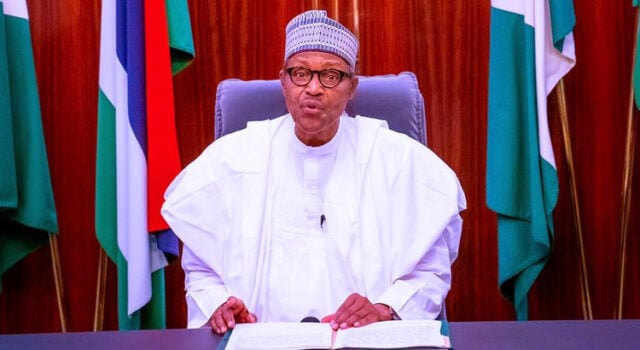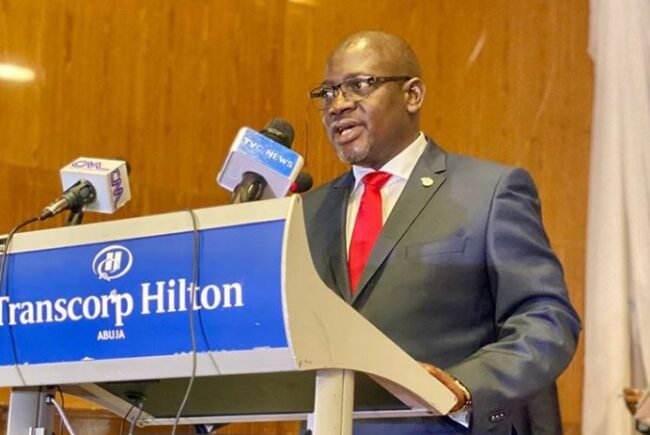President Muhammadu Buhari has asked the national assembly to pass the 2020 finance bill seeking to reduce import duties and levies of buses, tractors and other motor vehicles.
The federal executive council (FEC) approved the bill in November.
Zainab Ahmed, finance minister, had said the bill will improve the country’s tax laws and reduce some taxes especially for small businesses in addition to those already cut in the 2019 finance bill.
In a letter read on the floor of the senate and house of representatives, Buhari said the bill will prioritise “job creation, economic growth socio-economic development, domestic revenue mobilisation, as well as foster closer coordination with monetary and trade policies.”
Advertisement
“The Finance Bill 2020 seeks to support the implementation of the 2021 Budget by proposing key reforms to specific taxation, customs, excise, fiscal and other laws,” the President said.
“Adopt appropriate counter-cyclical fiscal policies to respond to the economic and revenue challenges precipitated by the decline in international oil prices, as well as the impact of the COVID-19 pandemic on the Nigerian economy.
“Provide fiscal relief for taxpayers by reducing the applicable minimum tax rate for two (2) consecutive years of assessment, as well as reforming the commencement and cessation rules for small businesses.
Advertisement
“Propose measures to fund the federal government’s COVID-19 pandemic response and introduce provisions to enhance the recovery of corporate donations towards responses to the COVID-19 pandemic, as well as any similar crises in the future.”
Buhari said the bill also seek to amend aspects of the fiscal responsibility act in order to align it with the constitution.
“Amend the Public Procurement Act to implement key procurement reforms previously proposed by the national assembly, in 2019 to extend the scope of the act to the federal judiciary and legislature accelerate procurement processes, increase mobilisation fee thresholds and provide for essential e-procurement reforms.”
Advertisement
Add a comment







